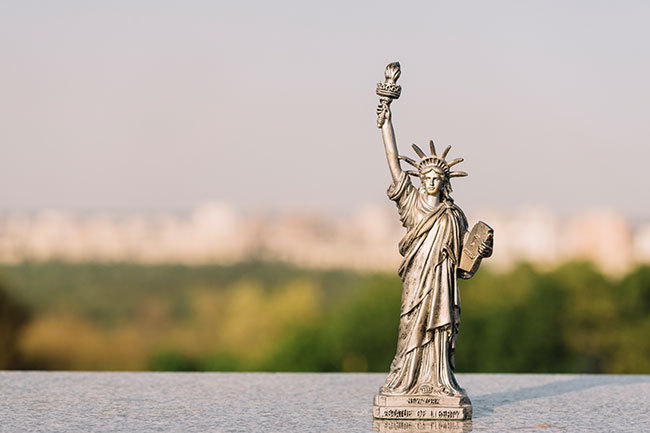New York State’s gaming field is a rather diverse one, featuring both commercial and tribal casino venues for an assortment of gaming opportunities available for the players. However, the two locations pay different taxes on their primary gaming revenue and local lawmakers wanted to explore an equalizing of these tax rates. Oneida Indian Nation commissioned a report, claiming that a possible equalization would, in fact, harm the state coffers.

Tribal casino venues in the State of New York currently pay 25 percent of their primary gaming revenue, while the commercial casino locations are obliged to allocate a tax amounting to 37 percent. This inequality on the tax rates has sparked a conversation towards the end of 2019, as its equalization could improve the way both types of venues operate and support their host communities.
Tribal Venues Pay Lower Taxes

The gaming industry is currently subjected to an extensive review that aims to evaluate the current status quo when it comes to gambling habits, as well as shed some light on the future gambling operation of both commercial and tribal casinos. Its findings are expected to be issued in the summer of 2020.
While this conversation was budding, another one related to the discrepancy between the tax rates was also discussed. It aimed to trigger a study on the subject, shedding more light on the potential impact of a tax equalization between the commercial and tribal casinos in New York State. There are currently four commercial and seven tribal venues. The year 2023 is expected to see the issuing of three additional commercial licenses for casino operation.
Tribal gaming opposition claims that the lower tax paid by the Native American tribes gives them an unfair advantage over the commercially operated venues. There are three tribes currently overseeing multiple casinos within the borders of New York State. There are the Oneida Indian Nation, the Seneca Nation of Indians, and the Akwesasne Mohawks, each overseeing several casinos.
Oneida Report Shows Things Should Stay this Way
The tribal venues are able to negotiate the conditions of their Compacts with the state, whereas the commercial venues pay taxes on their slot machines, as well as sports betting, and table games. Oneida commissioned a report evaluating the true payments tribal venues pay the State. It showed that while the pay 25 percent in tax, additional payments make it so that the tribal casinos pay equal to the commercial ones.
Lowering of the commercial casinos’ tax rates could possibly harm the state coffers, as it would reduce the gaming revenue sent. In fact, commercial casinos pay lower than the average tax in the United States. Clyde Barrow, the gaming industry expert working the Oneida report, stated that there has been an oversaturation of the Upstate New York casino field and there is no sufficient demand for this gaming offering for the time being.
This could be contributed to the lack of online sports wagering and gaming opportunities. The beginning of this year saw the commercial casino resort fail to meet their revenue projections set a couple of years ago. Brent Stevens, CEO of Pacific Entertainment, which owns del Lago Resort Casino, stated that the discrepancy is unfair and it is one of the reasons why the casino resort is struggling to meet its gaming revenue projections.



















